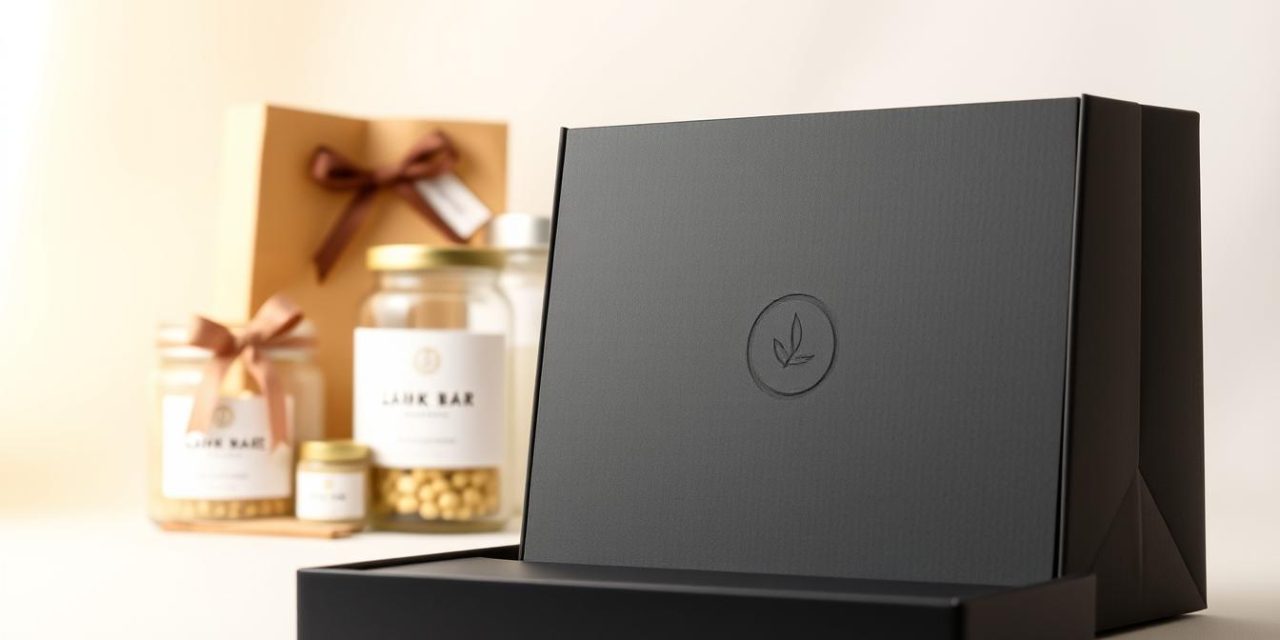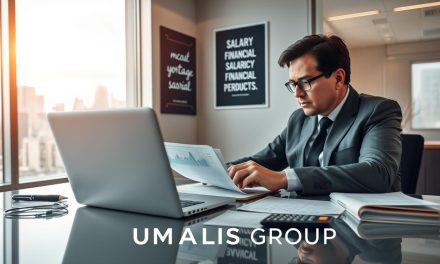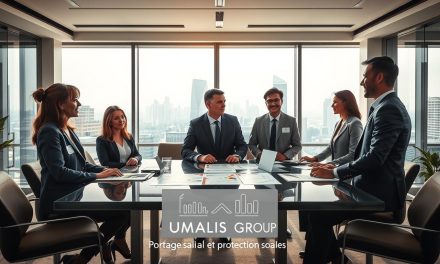Have you ever wondered how your favorite products get their perfect packaging? A freelance packaging engineer specializes in creating custom solutions that make products stand out. These experts focus on both protection and presentation.
Good packaging does more than just protect items. It enhances brand perception and builds consumer trust. The right design can transform how people view your product in the market.
Working with a freelance professional offers flexibility. You get specialized expertise without long-term commitments. This approach helps businesses adapt quickly to changing needs.
From initial concept to final production, these engineers oversee the entire process. They ensure compliance with regulations while maintaining efficiency. The result is packaging that works perfectly for your specific requirements.
Table of Contents
Key Takeaways
- Custom packaging enhances both product safety and market appeal
- Freelance professionals provide specialized expertise without long-term contracts
- Packaging design significantly impacts brand perception and consumer trust
- Engineers manage the complete process from concept to implementation
- Collaborative partnerships lead to innovative and cost-effective solutions
- Sustainable and compliant packaging solutions are increasingly important
- Freelance platforms make it easy to connect with qualified packaging experts
What is a Freelance Packaging Engineer?
Imagine having a specialist who transforms your product vision into tangible reality. These professionals bring creative solutions to life while ensuring everything meets strict standards.
Defining the Role and Responsibilities
An independent packaging specialist operates as your dedicated problem-solver. They focus on creating functional and attractive containers for various items.
Their work begins with understanding your specific needs. They develop concepts that balance protection with visual appeal. Material selection becomes crucial for both safety and sustainability.
These experts conduct thorough testing to validate their designs. They ensure compliance with all relevant regulations. Documentation and process monitoring complete their comprehensive service.
Collaboration forms the heart of their approach. They work closely with your marketing and production teams. This ensures the final result aligns with your brand identity and technical requirements.
Key Differences Between In-House and Freelance Engineers
Choosing between internal staff and external specialists involves important considerations. Each option offers distinct advantages depending on your situation.
Independent professionals bring fresh perspectives from diverse projects. They’ve worked across multiple industries and challenges. This broad experience often sparks innovative solutions.
Flexibility stands as their signature advantage. They adapt to your timeline and budget constraints. You pay for specific expertise without long-term commitments.
| Aspect | In-House Team | Independent Specialist |
|---|---|---|
| Cost Structure | Fixed salaries with benefits | Project-based pricing |
| Industry Exposure | Company-specific focus | Cross-industry experience |
| Project Flexibility | Limited by internal capacity | Scalable to project needs |
| Innovation Approach | Company culture influenced | Fresh external perspectives |
| Implementation Speed | Subject to internal priorities | Dedicated project attention |
Communication skills become particularly valuable for external collaborators. They must understand your vision quickly and convey progress effectively. This ensures smooth coordination across all stakeholders.
These specialists maintain autonomy while delivering exceptional results. They combine creativity with technical precision. The outcome is packaging that truly represents your product’s value.
Their value proposition centers on agility and specialized knowledge. Businesses gain access to top-tier expertise without overhead costs. This makes them ideal partners for companies of all sizes.
Why Your Business Needs a Packaging Engineering Expert
Smart companies recognize that exceptional product presentation isn’t just about looks—it’s a strategic investment. Working with a specialized professional transforms how your items reach customers.
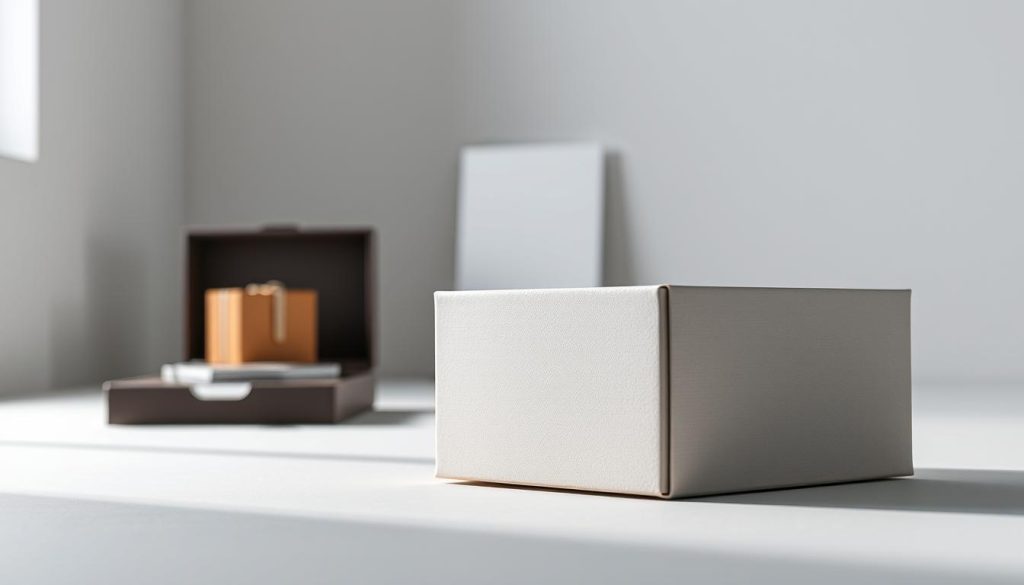
Enhancing Product Protection and Safety
Nothing disappoints customers more than receiving damaged goods. A skilled designer creates solutions that shield your products throughout their journey.
They analyze potential risks during shipping and handling. Their expertise ensures items arrive in perfect condition every time.
For sensitive industries like food and pharmaceuticals, compliance becomes critical. These specialists understand regulatory requirements that prevent costly recalls.
« Proper protection isn’t just about avoiding damage—it’s about delivering confidence with every purchase. »
Improving Brand Presentation and Marketing Appeal
Your container serves as the first physical interaction customers have with your brand. A thoughtful design makes products stand out immediately on shelves.
Creative professionals incorporate current trends like minimalist aesthetics or premium finishes. These elements elevate perceived value and attract attention.
They align visual elements with your marketing strategy. This consistency strengthens brand recognition and consumer trust.
Cost Optimization Through Smart Packaging Solutions
Strategic design directly impacts your bottom line. Experts analyze material usage to eliminate waste without compromising protection.
They identify opportunities to streamline production processes. These efficiencies reduce manufacturing expenses and environmental impact.
Long-term benefits include fewer product returns and higher customer satisfaction. Investing in quality presentation pays dividends through enhanced brand loyalty.
These specialists balance aesthetic appeal with practical functionality. They create solutions that look beautiful while performing flawlessly in real-world conditions.
Sustainable materials and processes meet growing consumer expectations. Environmentally conscious choices now drive purchasing decisions across markets.
Fresh perspectives often reveal innovative approaches that internal teams might overlook. External expertise brings valuable cross-industry insights to your project.
The strategic value extends beyond immediate needs. Superior presentation protects your investment while strengthening competitive positioning. It’s not just about wrapping products—it’s about unwrapping opportunities.
Essential Skills of a Professional Packaging Engineer
What separates ordinary product presentation from extraordinary solutions is a specialist’s comprehensive expertise. These professionals combine technical knowledge with creative vision to deliver exceptional results.
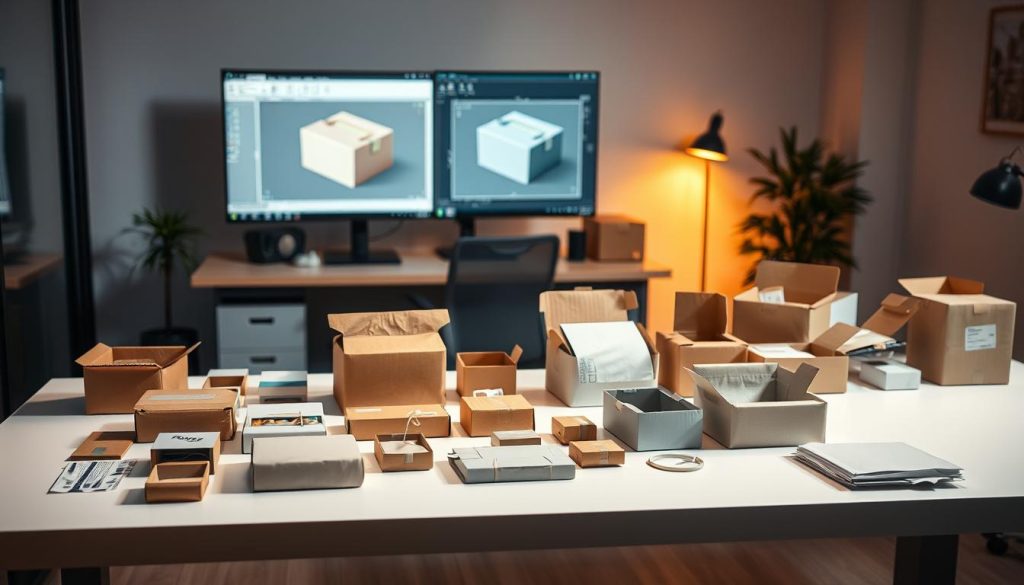
Technical Expertise in Materials and Manufacturing
A true expert understands materials science at a deep level. They know plastics, glass, metals, and sustainable alternatives intimately.
This knowledge helps them select the perfect materials for each project. They consider protection, cost, and environmental impact.
Manufacturing process understanding is equally crucial. Specialists master techniques like injection molding and blow molding.
They ensure designs are both feasible and cost-effective for production. This prevents expensive revisions during manufacturing.
3D CAD software mastery allows for precise design creation. Virtual testing happens before physical prototypes are made.
Creative Design and Problem-Solving Abilities
Creative vision transforms functional containers into marketing assets. A skilled designer makes products visually appealing while maintaining protection.
Problem-solving skills address real-world challenges effectively. Space constraints, durability issues, and budget limitations are common hurdles.
Innovative thinking leads to unique solutions that stand out. User experience enhancement becomes a primary focus.
These professionals balance aesthetics with practical functionality beautifully. The result is presentation that works perfectly in market conditions.
Knowledge of Regulatory Compliance and Sustainability
Regulatory knowledge protects brands from costly compliance issues. Experts understand FDA, EU, and international standards thoroughly.
They ensure all designs meet safety and legal requirements globally. This expertise is particularly valuable for food and pharmaceutical projects.
Sustainability expertise has become increasingly important recently. Eco-friendly materials and recyclability are now consumer expectations.
Life cycle assessment helps reduce environmental impact significantly. This aligns with corporate social responsibility goals effectively.
Project management skills coordinate timelines and budgets efficiently. Stakeholder communication ensures smooth collaboration throughout.
The perfect blend of technical and soft skills drives success. Organized, rigorous professionals deliver exceptional service consistently.
Strong communication abilities translate complex details into understandable terms. Clients appreciate this clarity during collaboration.
Curiosity and proactive approaches lead to innovative solutions. These qualities make specialists truly valuable partners.
The Packaging Project Development Process
Great projects start with a clear roadmap. The journey from idea to finished product involves careful planning and execution. This systematic approach ensures every detail receives proper attention.
Each phase builds upon the previous one. This creates a smooth path toward your final solution. The result is a container that meets all your specific needs perfectly.
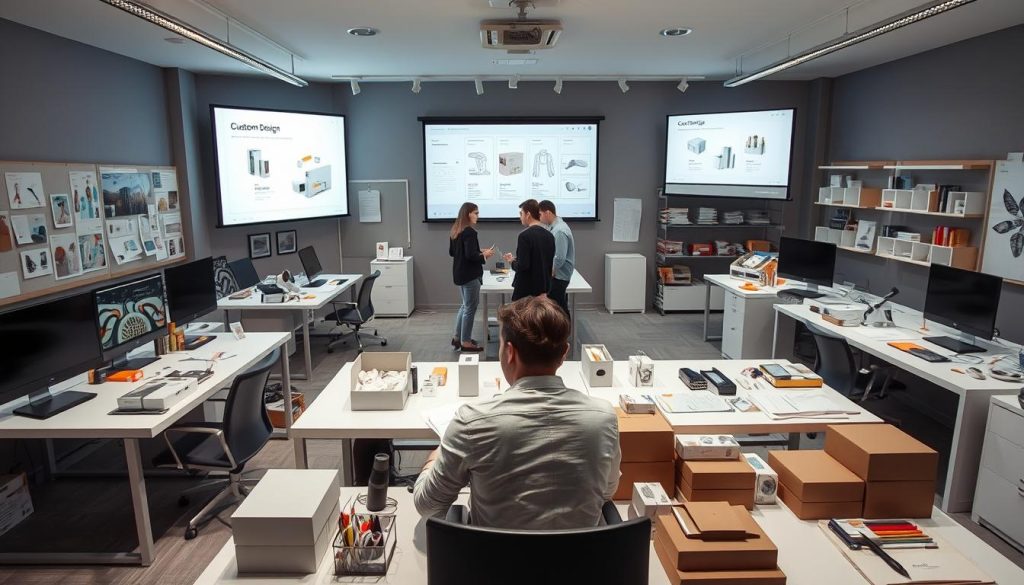
Initial Consultation and Requirements Analysis
The first meeting sets the foundation for success. Your specialist listens carefully to understand your vision completely. They discuss goals, budgets, and timelines openly.
Requirements analysis examines several important factors. Product fragility and shelf life are considered thoroughly. Distribution channels and target audiences help shape the final design.
This phase establishes clear expectations for everyone involved. Documentation begins immediately to track all decisions. Collaboration starts strong from these early conversations.
Concept Development and Prototype Creation
Creative brainstorming generates multiple exciting ideas. Sketches and layouts explore different visual directions. The most promising options combine beauty and function beautifully.
Prototypes bring concepts into physical form. 3D modeling allows for detailed visualization. Physical samples provide tangible examples for evaluation.
Early client feedback helps identify potential improvements. Adjustments happen quickly during this experimental phase. This iterative approach refines the best solution progressively.
Testing, Validation, and Final Implementation
Rigorous testing ensures prototypes meet all standards. Durability and safety checks simulate real-world conditions. Compliance verification prevents regulatory issues later.
User experience testing gathers valuable consumer insights. Refinement continues based on these important results. Materials, structure, or graphics receive final tweaks.
Production coordination involves manufacturing partners directly. Quality control maintains consistency during mass production. Supply chain integration ensures smooth market introduction.
Throughout the process, documentation provides complete transparency. Design specifications and test reports create valuable records. Compliance certificates offer peace of mind for regulators.
Collaboration extends to graphic designers and marketing teams. Brand identity remains consistent across all elements. Production capabilities align with operational realities.
The transition from concept to finished product happens seamlessly. Your specialist guides the project to successful completion. The final result exceeds expectations while meeting all requirements perfectly.
Understanding Packaging Engineer Rates in France
Budgeting for your container project requires understanding how specialists structure their fees. The French market offers various pricing approaches that balance quality with affordability.
Rates reflect multiple factors beyond just time spent. Expertise level and project complexity significantly influence final costs. Understanding these elements helps you make informed decisions.
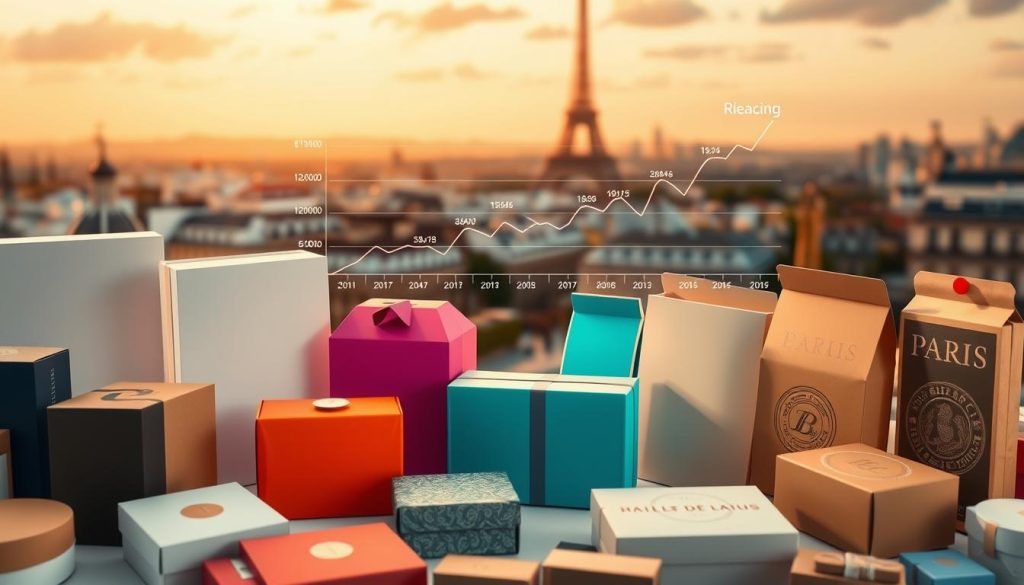
Hourly vs. Project-Based Pricing Models
Time-based billing works well for ongoing consultations. Professionals track hours using daily rates (TJM) or hourly equivalents. This approach suits projects with evolving requirements.
Fixed-price arrangements provide cost certainty from the start. You agree on a total amount for complete project delivery. This model benefits well-defined initiatives with clear parameters.
Each method offers distinct advantages for different situations. Time-based billing accommodates changes more easily. Fixed pricing ensures budget predictability throughout the engagement.
Experience Level Impact on Costs
Junior specialists bring fresh perspectives at accessible rates. They typically handle straightforward assignments effectively. Their daily rates average around €245 in the French market.
Intermediate professionals offer broader technical knowledge. They manage more complex challenges confidently. Their compensation reflects this enhanced capability at approximately €442 daily.
Senior experts command premium rates for high-stakes projects. Their extensive experience justifies higher investment. Top-tier specialists may reach €453 per day or more.
Average Market Rates for Different Expertise Levels
The French market demonstrates clear pricing tiers based on capability. Entry-level positions correspond to approximately €33,000 annually. Mid-career professionals average €42,000 yearly compensation.
Senior specialists can achieve up to €55,000 annually. These figures translate into corresponding daily and hourly rates. Industry specialization further influences these benchmarks.
Pharmaceutical and medical projects often command premium rates. Regulatory compliance requirements increase project complexity. Specialized knowledge justifies higher investment in these cases.
Transparent discussions during initial meetings prevent misunderstandings. Clarify what services the quoted rate includes. Ask about additional costs for materials or testing requirements.
Many professionals use digital invoicing tools for efficiency. These systems streamline payment tracking and documentation. They enhance professionalism throughout the collaboration.
Consider the long-term value of experienced specialists. Higher initial rates often mean better results and fewer revisions. This approach frequently delivers overall cost savings.
Negotiation remains possible based on project scope and duration. Retainer agreements or package deals might reduce effective rates. Factors influencing service rates include experience and technical skills.
Balance your budget constraints with quality requirements. Choose the pricing model that aligns with your project needs. The right partnership delivers exceptional value regardless of rate structure.
Types of Projects for Freelance Packaging Engineers
Various industries rely on tailored enclosure systems that balance protection, compliance, and visual appeal. Each sector presents unique challenges that require specialized knowledge and creative problem-solving approaches.
These professionals adapt their skills to meet specific industry requirements. They understand that different products demand different solutions. This versatility makes them valuable across multiple market segments.
Food and Beverage Container Solutions
Food companies need solutions that ensure product freshness and safety. These specialists design systems that prevent contamination and extend shelf life. They often work with materials like biodegradable plastics.
Tamper-evident features provide additional security for consumers. Compliance with FDA and EU regulations is essential for market access. Sustainability has become increasingly important in this sector.
These projects require careful material selection for oxygen-sensitive items. Barrier properties protect against moisture and air exposure. The result is functional containers that maintain product quality.
Pharmaceutical and Medical Device Enclosures
Medical products demand the highest levels of safety and compliance. Sterile barriers protect sensitive items from contamination. Child-resistant features prevent accidental access to medications.
These specialists follow stringent standards like ISO 11607. They ensure patient safety through rigorous testing protocols. Precision requirements are exceptionally high in this field.
Accelerated aging tests validate long-term product stability. Documentation must meet regulatory scrutiny. The focus remains on reliability and protection above all else.
Consumer Product and Retail Container Design
Retail environments demand eye-catching solutions that attract attention. These designs incorporate strong branding elements and marketing messages. Visual appeal directly influences purchasing decisions.
Practical features like easy opening enhance user experience. Reusability adds value for environmentally conscious consumers. Cost constraints often influence material choices.
Drop tests ensure durability during shipping and handling. Minimalist trends reflect current consumer preferences. Smart features like QR codes provide additional engagement opportunities.
| Project Type | Primary Focus | Key Challenges | Common Materials | Testing Requirements |
|---|---|---|---|---|
| Food & Beverage | Freshness & Safety | Contamination prevention | Biodegradable plastics | Shelf life validation |
| Pharmaceutical/Medical | Sterility & Compliance | Regulatory requirements | Medical-grade polymers | Aging and stability tests |
| Consumer/Retail | Marketing Appeal | Cost constraints | Recycled materials | Drop and durability tests |
Each project type requires collaboration with different teams. Pharmaceutical work involves R&D departments closely. Retail projects coordinate with marketing professionals extensively.
Material selection varies based on specific product needs. Heavy items need durable shipping solutions. Fragile products require cushioning and protection.
These specialists adapt their approach for each client’s unique requirements. They deliver tailored solutions that meet functional and promotional goals. Their versatility across sectors makes them invaluable partners.
How to Find the Right Freelance Packaging Engineer
Choosing the perfect specialist for your container needs requires careful consideration. The right match ensures your project runs smoothly from concept to completion. This process involves evaluating several key factors to find your ideal partner.
Evaluating Portfolios and Past Projects
Reviewing previous work reveals a designer’s capabilities and style. Look for diverse examples across different industries and challenges. Successful outcomes in similar fields indicate relevant expertise.
Attention to detail shows in every aspect of their creations. Check for innovation in problem-solving approaches. Compliance adherence demonstrates their understanding of regulations.
Aesthetic quality should align with your brand’s visual standards. The best portfolios tell a story of growth and adaptation. They showcase solutions that balance form and function beautifully.
Checking Industry-Specific Experience
Specialized knowledge makes a significant difference in project outcomes. Food safety protocols require specific material understanding. Medical device regulations demand precision and documentation skills.
Consumer goods need marketing appeal and practical functionality. Each sector has unique requirements and standards. Relevant background ensures smoother project execution.
Ask about their familiarity with your particular industry. Previous work with similar products provides valuable insights. This experience reduces learning curves and potential errors.
Assessing Communication and Collaboration Skills
Clear communication forms the foundation of successful partnerships. During initial meetings, notice how they explain technical concepts. Responsiveness to questions indicates professional commitment.
Collaboration abilities affect every stage of your initiative. These specialists coordinate with multiple teams seamlessly. Production, marketing, and logistics all require alignment.
Strong interpersonal skills prevent misunderstandings and delays. They facilitate smooth information exchange between departments. This ensures everyone remains on the same page throughout.
- Portfolio diversity shows adaptability across different challenges and industries
- Industry-specific knowledge ensures compliance and relevant problem-solving approaches
- Client testimonials provide real-world insights into reliability and professionalism
- Communication clarity during interviews reveals their collaborative approach
- Trial projects help assess compatibility before larger commitments
References and client feedback offer valuable perspectives on performance. They reveal patterns in meeting deadlines and quality standards. This information helps you make informed decisions.
Platforms specializing in creative services simplify your search process. They offer filtering options for skills, experience, and location. These tools help you identify qualified candidates efficiently.
Creating a detailed project brief attracts suitable professionals. Include scope, budget, timeline, and specific requirements. Clear parameters lead to accurate proposals and expectations.
Consider starting with a smaller test assignment if possible. This approach lets you evaluate working dynamics firsthand. It ensures both parties feel comfortable before larger engagements.
Final selection should balance cost, expertise, and interpersonal fit. The right partnership delivers exceptional results that elevate your products. Trust your instincts while considering all practical factors.
Working with Freelance Engineering Platforms
Finding the right specialist for your container project has never been easier. Specialized marketplaces connect businesses with talented professionals who deliver exceptional results. These platforms streamline the entire process from discovery to delivery.
Benefits of Using Specialized Marketplaces
These platforms offer access to thousands of pre-vetted professionals. You can quickly find someone with the exact skills your project requires. This saves time compared to traditional hiring methods.
Advanced matching systems analyze your project requirements. They suggest designers whose expertise aligns with your needs. This targeted approach increases the chances of a perfect fit.
Security features protect both clients and specialists. Encrypted messaging keeps conversations private. Payment protection ensures fair compensation for completed work.
« The right platform transforms how businesses connect with creative talent, making collaboration seamless and secure. »
Creating Effective Project Listings
Clear project descriptions attract qualified candidates. Include specific objectives and detailed requirements. This helps specialists understand your vision completely.
Budget ranges and deadlines set realistic expectations. They help designers determine if they can meet your needs. Transparency from the start prevents misunderstandings later.
Compelling descriptions outline challenges and goals. They explain what success looks like for your initiative. This context helps professionals propose tailored solutions.
- Detailed requirements help specialists assess their fit for your project
- Clear timelines ensure everyone understands delivery expectations
- Budget transparency facilitates honest conversations about scope
- Anonymous posting protects sensitive information when needed
Navigating the Hiring and Collaboration Process
Platform tools simplify candidate evaluation. You can review profiles, CVs, and past work samples. Advanced filters help narrow choices by location and availability.
The hiring process moves smoothly from proposals to agreements. You receive multiple options from interested professionals. Interviews help assess compatibility before deciding.
Collaboration features keep projects organized and on track. Shared dashboards provide visibility into progress. Communication channels ensure everyone stays connected.
These platforms reduce administrative burdens significantly. They handle paperwork and payment processing efficiently. This lets you focus on creative collaboration instead of logistics.
The overall efficiency makes finding skilled professionals quick and reliable. You gain access to diverse talent pools across regions. This increases the likelihood of outstanding results for your brand.
Conclusion: Elevate Your Products with Expert Packaging
Your product’s success story begins with its presentation. Custom solutions protect items while boosting brand appeal. They turn simple containers into powerful marketing tools.
Working with a skilled designer brings fresh ideas to your project. You gain specialized knowledge without long-term costs. This approach keeps your offerings competitive and relevant.
Great design catches attention and builds consumer trust. It makes products stand out on shelves and online. Sustainable materials also meet modern expectations.
Invest in professional packaging as a growth strategy. It drives sales and loyalty through better functionality and looks. The right expertise transforms how people see your brand.
Start your journey toward exceptional presentation today. Connect with a talented specialist to achieve your business goals. Elevate your products with packaging that truly shines.
FAQ
What exactly does a packaging engineer do?
A packaging engineer designs, tests, and implements packaging solutions. They focus on protecting your product, enhancing its appeal, and ensuring it meets all necessary regulations.
How can hiring a packaging expert benefit my brand?
An expert can improve product safety, boost your marketing appeal, and help you save money through smarter, more efficient packaging choices.
What skills should I look for in a packaging designer?
Look for strong technical knowledge, creative problem-solving abilities, and a good understanding of compliance and sustainability standards.
What’s the typical process for a packaging project?
It usually starts with a consultation to understand your needs, followed by concept development, prototyping, testing, and final implementation.
How are packaging engineer rates structured?
Rates can be hourly or project-based. They often vary based on experience level and the complexity of the work required.
What kinds of industries do packaging engineers work with?
They often work across food and beverage, pharmaceutical, medical, consumer goods, and retail sectors, among others.
How do I choose the right packaging professional for my project?
Review their portfolio, check for relevant industry experience, and make sure they communicate well and fit your team’s collaboration style.
Are freelance platforms a good way to find packaging talent?
Yes, specialized marketplaces can help you connect with skilled professionals, post detailed project needs, and streamline the hiring process.

